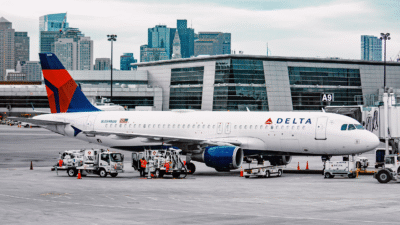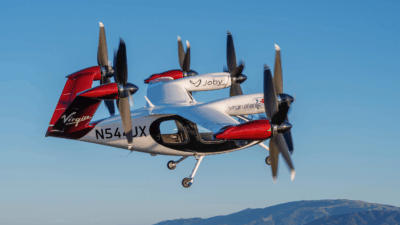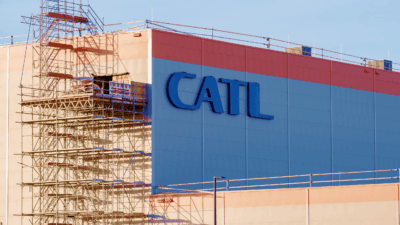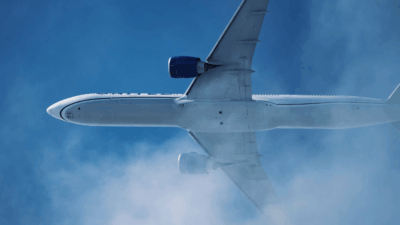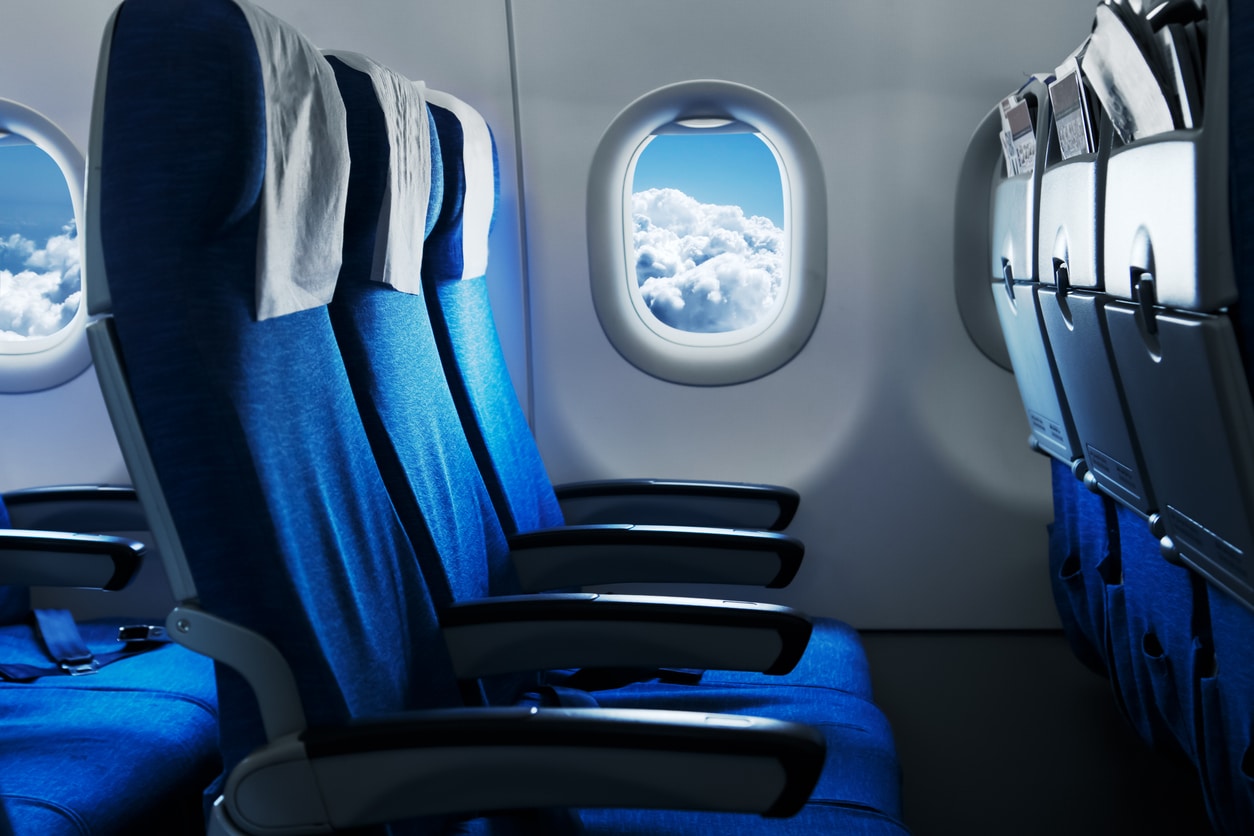
Sign up for smart news, insights, and analysis on the biggest financial stories of the day.
These days, more and more travelers across the country are channeling their inner Lenny Kravitz, who, in a particularly deep-burrowing earworm, once sang “I want to get away, I want to fly away.”
Even as inflationary forces jolt the airline industry, heading into the first summer firmly belonging to the post-vaccine era, travel demand is — you guessed it — taking flight. . As a result, business for a handful of budget airlines born during the pandemic, such as Avelo and Breeze Airways, is growing at a viral pace.
The Circle of Mile-High Life
Few would have predicted it, but a pandemic that saw the near-total collapse of air travel created the perfect conditions for the rise of new airlines. While the big four — Delta, United, American, and Southwest — have suffered billions in losses, competitors born yesterday have found the perfect moment to claim their niche, servicing the small markets and minor routes abandoned in 2020 by the big boys.
Now, major airlines are facing another crisis, as high demand and the twin forces of inflation — the rising cost of fuel and labor — sent prices up a record 18% from March to April, according to the Consumer Price Index. Capitalizing on certain laws of the airline lifecycle that keep costs cheap, the budget boys now command the perfect conditions for takeoff:
- Discount carriers tend to fly newer planes, and newer planes typically come with the luxury of less maintenance — which in turn leads to lower labor rates, resulting in budget flyers’ two favorite words: lower airfares.
- The strategy “is a play we’ve seen before,” Adam Gordon, managing director and airline lead at Boston Consulting Group, told Axios on Sunday. “As [airlines] mature, their labor costs tend to rise, the aircraft need more maintenance, and it all gets more complex. That creates space for new players to come in beneath them.”
Consumer Reports: Budget airlines aren’t only saving on repair labor costs. Breeze founder David Neeleman, who employed the same major airline-undercutting tactics when he founded JetBlue in 2000, has steered Breeze’s customer service department to take a “tech-first” approach. That means cutting the customer-service phone line in favor of online text-based chats — where agents attend to multiple disgruntled flyers at the same time. Poor reviews on Facebook and a USA Today trend piece from January show some consumers aren’t too happy with the more hands-off approach. Then again, a little texting thumb could be a price many might be willing to pay for cheap cross-country airfares.

